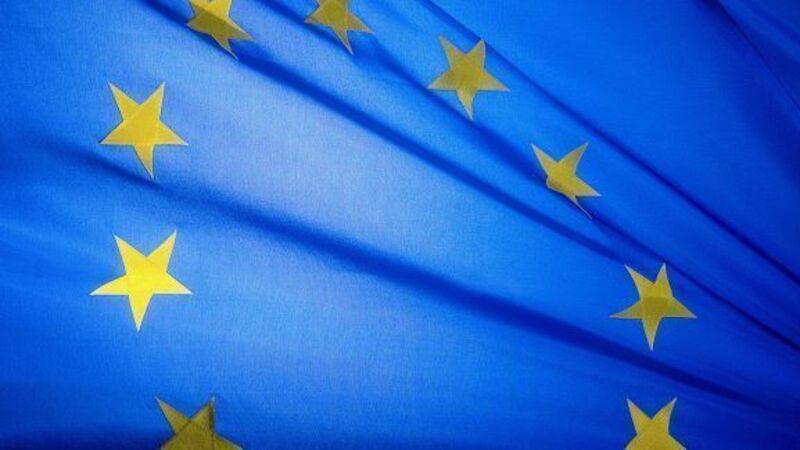Eurozone economic upturn gains traction

Spain’s economy was a case in point, with data yesterday showing it growing at the fastest pace since before the financial crisis. Weak German price pressures, however, showed the threat of deflation has not disappeared with the rising economic tide.
















